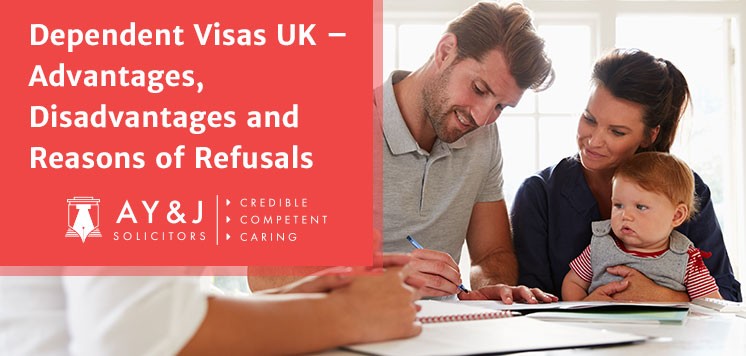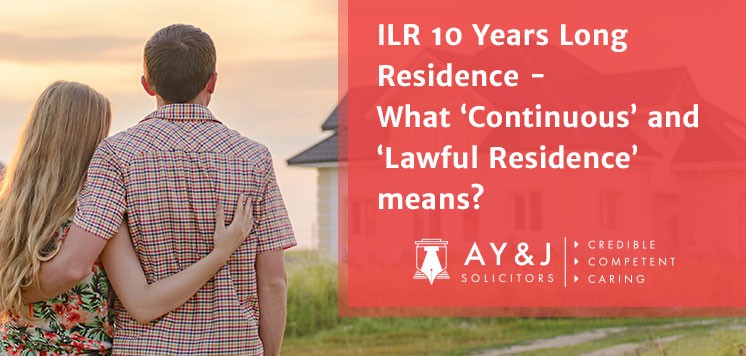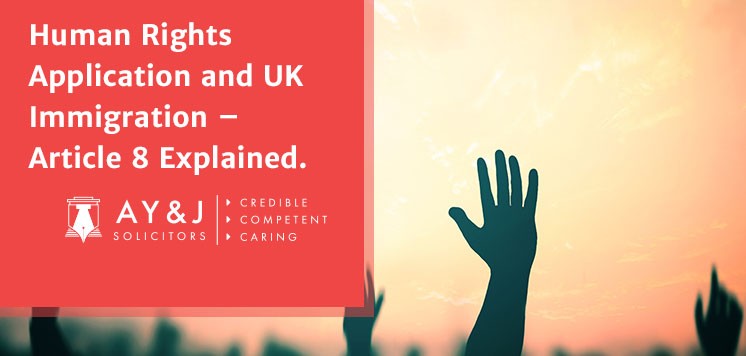Disclaimer: The information in this blog is accurate as of its publication date. Any updates after that date are not reflected here.
What good is a new life in the UK if you can’t bring your nearest and dearest with you? When individuals relocate to the UK, they don’t have to do this alone. The UK Dependent Visa will allow certain visa holders to bring their family members with them to the UK. This applies to certain work, business and study visas.
Family members are typically limited to your spouse or partner, and children under the age of 18. It’s certainly an exciting prospect for the whole family. This right is not automatically granted, and each family member will need their own UK Dependent Visa.
Sadly, the process can be quite complex and expensive. This is because the UK government is under pressure to drive down net migration. As a result, the Dependent Visa route is one that is strictly controlled to prevent abuse. If you are hoping to relocate to the UK with your family, it is vital that you secure leave to enter status for them.
As with all visa applications, the quickest way to succeed is to invest in quality legal advice. Not only will an immigration lawyer check over your application and help you to collate the necessary documents to support the application, but they can also quickly spot any weaknesses which may attract refusal. By anticipating and addressing potential issues before they arise, we have an opportunity to avoid expensive appeals.
Table of Contents
What is the UK Dependent Visa?
The UK Dependent Visa category allows immediate family members of UK visa holders to come to the UK to live, work and study. Not all visa categories are eligible to bring their dependents. Eligible visas include:
- Skilled Worker visa
- Student visa
- Global Talent visa
- High Potential Individual visa
- Health and Care Worker visa
- Innovator Founder visa
- Government Authorised Exchange visa
- Scale-up Worker visa
- Graduate visa (If your dependents joined you on your Student Visa)
- Start-up visa
- Temporary Worker visa (some categories)
- Turkish Worker visa
In addition to holding a relevant visa, your family members will also need to meet the eligibility criteria.
What are the advantages of a UK Dependent Visa?
There are several advantages attached to a Dependent Visa. These include the ability to work and study in the UK. Your children will be eligible to attend private or state schools. After five years of continuous residence in the UK, those on a UK Dependent Visa will also be eligible for Indefinite Leave to Remain, which is a path to Citizenship.
However, the most important advantage of being able to get a UK Dependent Visa is that you and your family will be together. There are many families who are condemned to only coming together on special occasions and communicating primarily on Skype and FaceTime due to draconian Home Office policies.
At present, there are no English language requirements for those applying for a Dependent Visa. However, if you decide to follow the Indefinite Leave to Remain route, you will need to prove your knowledge of the English language with a test, unless you are exempt for any reason.
What are the disadvantages of a UK Dependent Visa?
One of the main disadvantages of the UK Dependent Visa is that it can be quite restrictive. The eligibility criteria can be very strict, and proving relationships can be complex. Unless a person fits within the Home Office criteria, they will not be able to join you on a Dependent Visa.
For example, children above 18 years old might still live at home and depend on you, but they will not be eligible under the UK visa rules. If you are in this situation, you may wish to speak to our team who can advise you on alternative visas.
Another disadvantage is that those in the UK on a Dependent Visa cannot use public funds. Therefore, the sponsor will need to show they have the necessary funds to support their dependents financially while they are in the UK.
Interestingly, a spouse or partner is able to work in the UK on a Dependent Visa, but this income is not factored into the affordability calculations. Instead, you need to show that you have sufficient savings to get settled in the UK and make sure you don’t rely on public funds.
The Healthcare Surcharge
As well as the cost of applying for a UK Dependent Visa, another expense which must be budgeted for is the Immigration Healthcare Surcharge. Dependents are usually required to pay the same amount as the main applicant. At the time of writing, these charges are:
- £470 per year for a student visa; for example, £940 for a 2-year visa
- £624 per year for all other visa and immigration applications; for example, £3,120 for a 5-year visa
- £470 per year for dependents who are under the age of 18 at the time of application
The NHS Healthcare Surcharge is paid at the same time as the application.
Common reasons a UK Dependent Visa is refused
Hearing news that a family member’s visa application has been refused can be particularly devastating. The prospect of being separated while you address the problem can tarnish the dream of relocating to the UK.
The most common reasons a UK Dependent Visa is refused are:
- Simply not filling in the application form correctly. This could include missing information or errors in your application that cause doubts.
- Failing to submit the correct documents.
- Not submitting the documents in the correct format. Bundling them together with no covering note or explanation will make it difficult to understand the context of the documents.
- Forgetting to include specific supporting evidence, or providing copies of documents when the original ones are required.
- Concealing information hoping that it won’t come to light.
- Assuming that the UKVI officials are on your side and will let things like mistakes and omissions pass by unnoticed. The officials take their jobs very seriously and are not known to be sympathetic, even if you explain your situation.
- Seeking legal advice from friends and family rather than a professional. Every immigration case is unique, so what worked for one person might not work for another. Beware of taking unsolicited advice from well-meaning family members and friends.
Of these common reasons for refusal, concealing information is the most risky. If you leave something out because you don’t think it is relevant, this could be seen as an attempt to deceive the immigration officials.
You might also try to twist the truth to make your application look more favourable, but caseworkers will ruthlessly check your documents against your application. Any attempts to conceal the truth will be revealed, and this could lead to a 10-year ban on being able to reapply if you are caught. The risks are simply not worth it.
If you believe there are existing reasons why your UK Dependent Visa application may be refused, it is crucial to seek the advice of an experienced immigration lawyer. They can assess the strengths and weaknesses of your case and work out a strategy for submitting an application which has the best chance of success.
In addition, the best immigration lawyers can consider all material facts and represent your case to the Home Office in a way that makes an appeal easier if the application is refused. A Dependent Visa refusal will often qualify for a human rights application as this will impact your family life.
Final Words
Our team of lawyers understand the requirements of obtaining entry into the UK through a Dependent Visa and will assist you and your sponsor with the entire visa application process. We understand what the immigration officials are considering when it comes to granting a Dependent Visa. With A Y & J Solicitors, you can get the right legal assistance so your family can enter the UK together to start your new life.
A Y & J Solicitors are specialists in immigration law based in central London. If you would like more information, please contact us at contact@ayjsolicitors.com or call +44 20 7404 7933.
Disclaimer: No material/ information provided on this website should be construed as legal advice. Readers should seek appropriate professional advice for their immigration matters.









